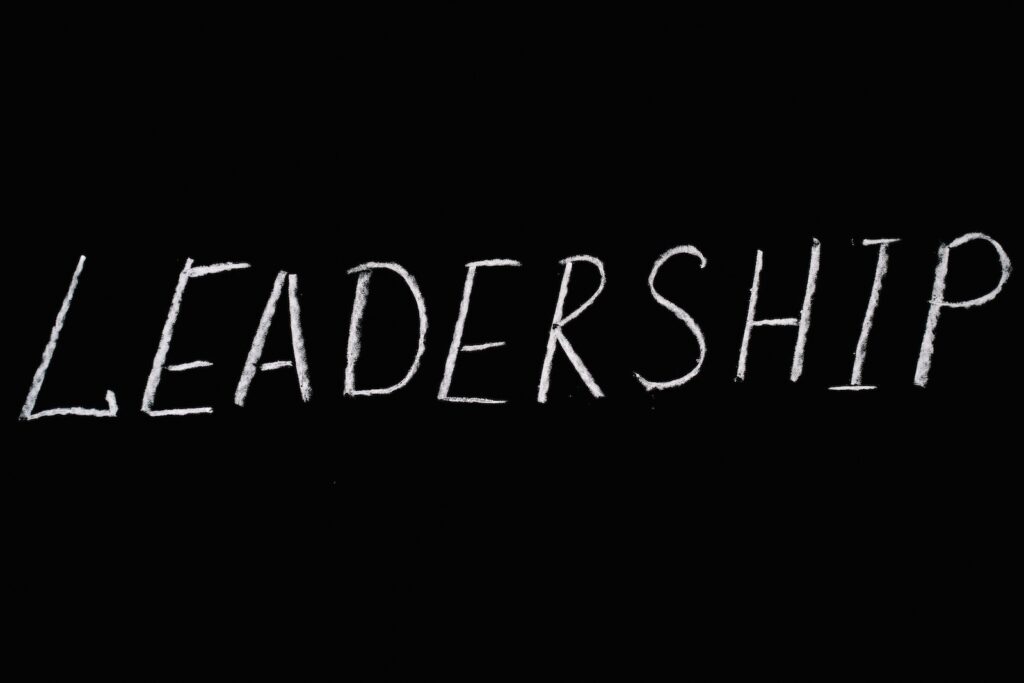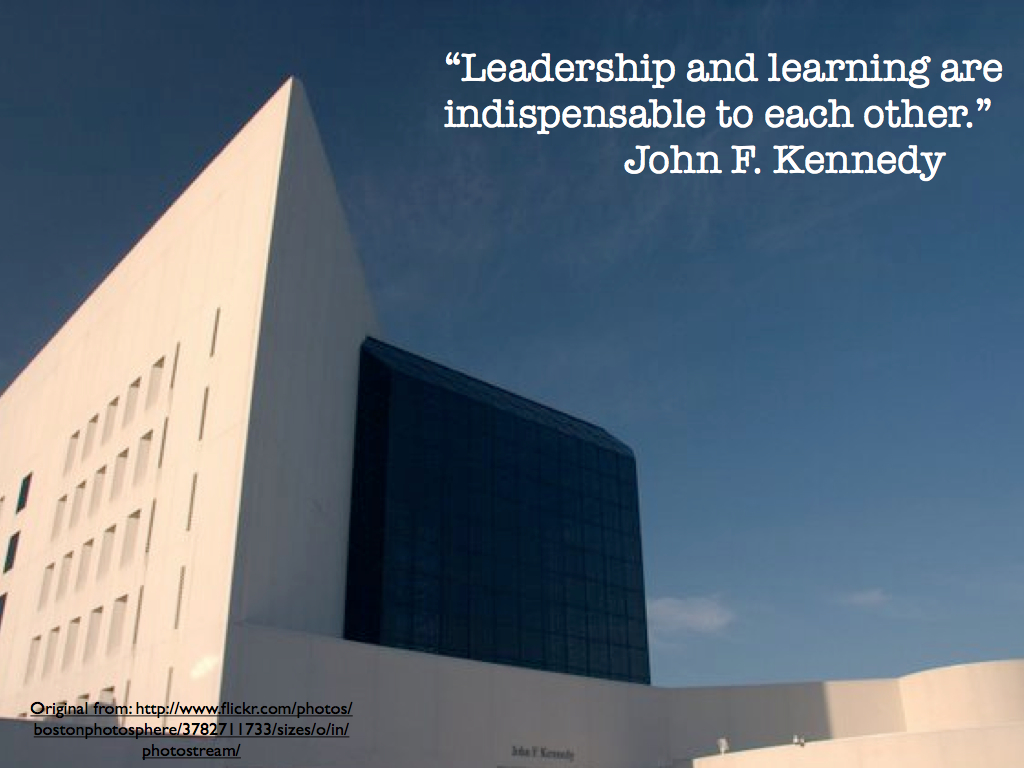Mastering the Art of Leadership
Mastering the art of leadership
What are the key leadership skills?
Mastering the art of leadership: Leadership is a complex skill set that requires a combination of various qualities and abilities. Some of the key leadership skills include practical communication skills, strong decision-making abilities, and effective relationship-building.
Effective communication skills are essential for leaders to convey their vision, goals, and expectations to their team members. It involves not only speaking clearly but also active listening and understanding the needs and perspectives of others.
Strong decision-making abilities are crucial for a leader to make informed choices that drive the organization forward. This involves analyzing situations, considering various options, and making timely and effective decisions.
Effective relationship building is another important leadership skill. Leaders must be able to build and maintain positive working relationships with their team members, colleagues, and stakeholders. This involves fostering trust, collaboration, and open communication.

Why is developing leadership skills important?
Mastering the art of leadership: Developing leadership skills is important for several reasons. Firstly, it enables individuals to be an effective leader who can inspire and guide their team towards achieving common goals and objectives.
Secondly, leadership skills are necessary to meet organizational goals. Organizations rely on effective leaders to guide their teams, make strategic decisions, and ensure the business’s overall success.
Thirdly, developing leadership skills can significantly improve team performance. A strong leader can motivate and engage team members, foster a positive work environment, and enhance productivity and collaboration.
How can you improve your leadership skills?
If you want to improve your leadership skills, there are several strategies you can implement. Firstly, you can enhance your communication skills by practicing active listening, speaking clearly and concisely, and adapting your communication style to different audiences.
Secondly, it is important to develop problem-solving skills. Leaders often face complex challenges and being able to analyze problems, generate innovative solutions, and make timely decisions is crucial.
Lastly, continuous learning is key to developing your leadership skills. Stay updated with industry trends, attend leadership workshops or courses, and seek feedback from mentors or colleagues to identify areas for improvement.

What are the top leadership skills needed for success?
Mastering the art of leadership: While there are many leadership skills that contribute to success, some of the top ones include strong decision-making abilities, effective relationship-building, and good time-management skills.
Strong decision-making abilities enable leaders to make informed choices that benefit their team and organization. They can weigh the pros and cons, consider different perspectives, and make decisions that align with the overall goals.
Effective relationship building is vital as it helps leaders establish trust, collaboration, and positive working relationships with their team members and other stakeholders. It creates a supportive and productive work environment.
Good time management skills allow leaders to prioritize tasks, allocate resources efficiently, and meet deadlines. It ensures that work is completed effectively and maximizes productivity.
How can you showcase your leadership skills on your resume?
Showcasing your leadership skills on your resume is crucial for highlighting your competency to potential employers. To do so, you can:
- Highlight your leadership roles, responsibilities, and achievements in previous positions.
- Emphasize your effective communication skills, both written and verbal. Provide examples of how you effectively communicated with your team or stakeholders.
- Showcase your ability to delegate tasks and empower team members to take ownership of their work. Highlight instances where you successfully assigned tasks, provided guidance, and monitored progress.

Why is conflict management an important skill for leaders?
Mastering the art of leadership: Conflict management is an essential skill for leaders as it plays a crucial role in maintaining a productive work environment. Conflicts can arise due to differences in opinions, personality clashes, or misunderstandings.
Leaders who possess strong conflict management skills can address issues promptly and effectively, resolving conflicts in a fair and unbiased manner. This helps maintain team cohesion, boost morale, and prevent conflicts from escalating.
Additionally, effective conflict resolution allows teams to focus on their work, foster collaboration, and achieve better outcomes.
How can you become a great leader?
Mastering the art of leadership: Becoming a great leader requires continuous efforts and a commitment to self-improvement. Here are some key steps to help you become a great leader:
- Develop self-awareness by understanding your strengths, weaknesses, and leadership style. This allows you to better understand your impact on others and make necessary adjustments.
- Continuously learn and improve by seeking feedback, attending leadership development programs, and staying updated with the latest industry trends.
- Inspire and motivate your team members by setting clear goals, providing support and recognition, and fostering a positive work culture. Be a role model and lead by example.
Q: What is the importance of effective leadership?
A: Effective leadership is crucial in any organization as it sets the direction, influences behavior, and motivates employees to achieve the organization’s goals. It ensures efficient decision-making, fosters employee engagement, and builds strong relationships within the team.
Q: What are the key skills required for effective leadership?
A: The key skills required for effective leadership include strong interpersonal and communication skills, strategic thinking, decision-making abilities, and bringing out the best in others. Additionally, leadership qualities such as open communication, presentation skills, and change management are also valuable.
Q: How can I demonstrate my leadership skills on a resume?
A: To demonstrate your leadership skills on a resume, highlight specific achievements where you have successfully led a team or implemented change. Emphasize your ability to motivate and inspire others, make decisions, and effectively communicate and collaborate with colleagues.
Q: What are some effective leadership skills for building strong relationships?
A: Some effective leadership skills for building strong relationships include active listening, empathy, open communication, and the ability to provide constructive feedback. These skills help foster trust and mutual respect within the team, leading to stronger relationships and collaboration.
Q: How can I enhance my decision-making skills as a leader?
A: To enhance your decision-making skills as a leader, you can practice critical thinking and strategic analysis. Seek feedback from others, evaluate different perspectives, and consider the potential impact of your decisions. Continuously learning and staying informed about industry trends and best practices also contribute to effective decision-making.
Q: What is the role of effective leadership in employee engagement?
A: Effective leadership plays a crucial role in employee engagement by creating a positive work environment, setting clear expectations, and providing recognition and support. A strong leader fosters a sense of purpose and belonging among employees, increasing their motivation and commitment to their work.
Q: What are some valuable soft skills for effective leadership?
A: Some valuable soft skills for effective leadership include effective communication, emotional intelligence, adaptability, and problem-solving abilities. These skills enable leaders to connect with their team members, navigate challenges, and inspire others to achieve their full potential.
Q: What is the importance of strong thinking skills for effective leadership?
A: Strong thinking skills, such as critical thinking and strategic thinking, are essential for effective leadership. These skills enable leaders to analyze complex situations, make informed decisions, and develop innovative solutions. They also help leaders anticipate potential challenges and formulate proactive strategies.
Q: How can I develop my leadership potential?
A: To develop your leadership potential, seek opportunities to take on leadership roles, both formal and informal. Continuously work on improving your skills, seek feedback, and learn from experienced leaders. Engage in self-reflection and identify areas of development, and actively seek training and mentorship opportunities.
Q: What are some common leadership traits of the best leaders?
A: Some common leadership traits of the best leaders include strong communication skills, integrity, resilience, self-confidence, and the ability to inspire and motivate others. These leaders also demonstrate adaptability, empathy, and a growth mindset, constantly seeking opportunities for personal and professional growth.


